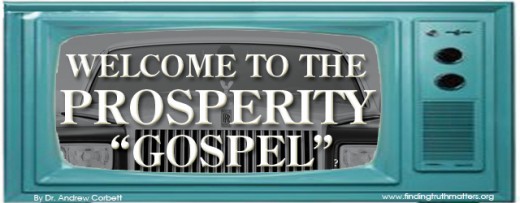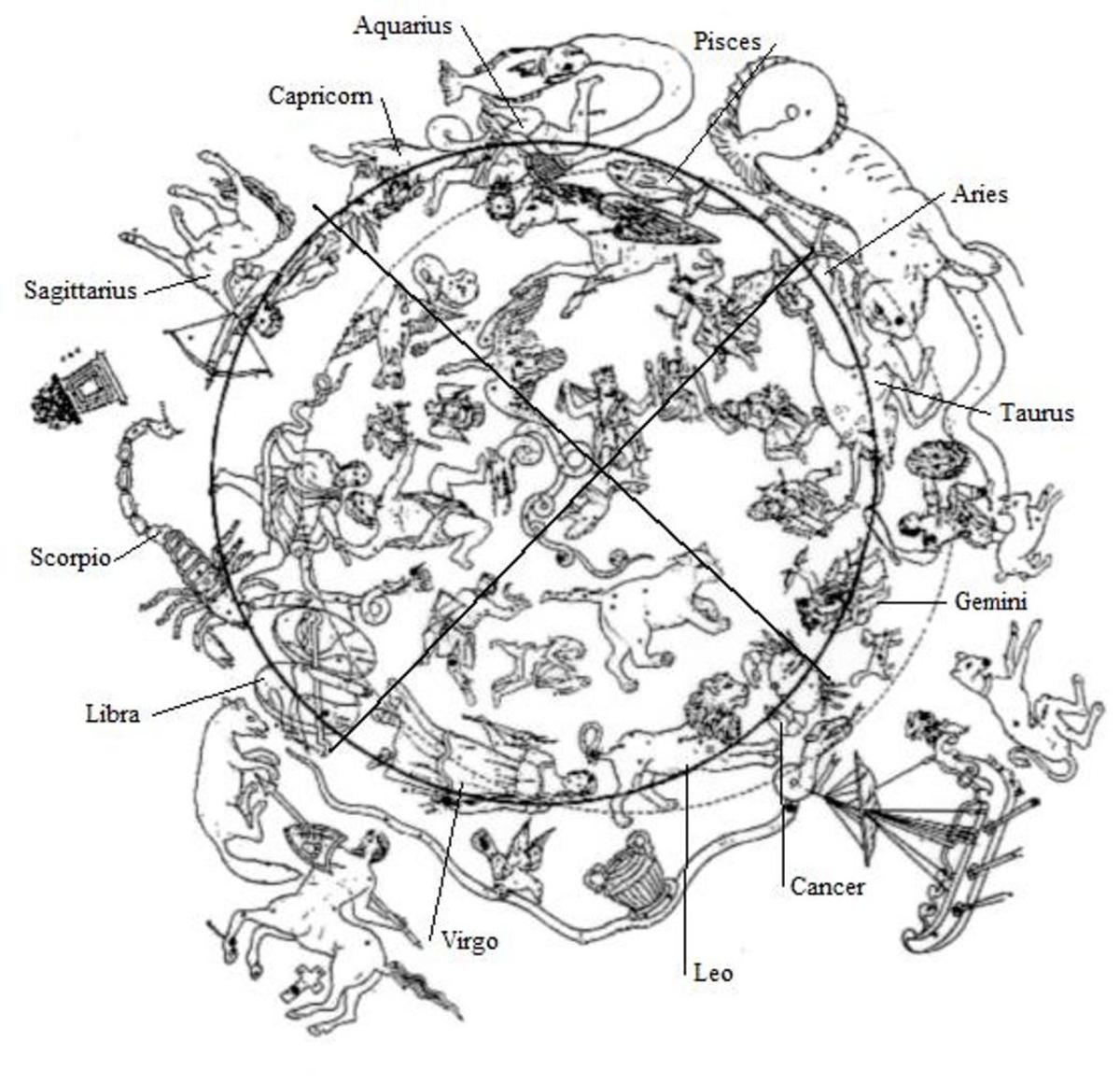Prosperity Theology
There's no Business like Show Business
The crowd is pumped. You can feel the electricity in the air as the coloured lights swirl and shimmer over the expectant faces of grandparents, parents, children, teenagers and singles. There's a feeling of comeraderie between the large, diverse group - the kind that can only come from an emotionally felt, shared experience.
The MC is working the audience, preparing them for the performance to come. They're ready, they want it. Then all of a sudden there's an explosion of sound and the crowd has a simultaneous orgasm of joy as live music is pumped through state of the art, powerful speakers. The crowd claps their hands in the air, exalted, as they sway from side to side to the rthymic beat and hearfelt lyrics of the onstage band. Is this one hell of a rock concert or what?
Why no, it's just another service at the Hillsong Church

The Gospel of Prosperity
For those who haven't heard of it, Hillsong Church is a part of the great sweeping tide of a new kind of religion that began with the Calvinists, was resurrected as a movement in the post-war period but gathered momentum and sprung to prominence in the 1990's. It takes its roots from the traditional, theatrical style of Christian worship found in USA and morphed into a new breed of showy evangelism known as "prosperity theology" and can be found in pentecostal and mainstream evangelical churches "with varying strains of intensity", according to jounalist Hanna Rosin. (from Did Christianity Cause the Crash)
The tentacles of the new creation have spread far and wide - prosperity gospel now has chapters from as far afield as Australia and Kenya and lays claim to tens of millions of followers. But what's it all about?
As the name suggests, the central tenet of prosperity theology is that god favours the affluent and successful, therefore it must be morally right to desire those things.
The Rationalisation
The Hillsong Church in Australia, our most obvious incarnation of
gospel theology, has been popular with the 'mortgage belt'; aspirational
voters with big financial committments and ambitions to have two kids
at private school and a $60,000 car in the drive of their McMansion.
Such materlally convenient teachings appeal to those who may be
disallusioned with traditional churches and who are eager to find
a spiritual philosophy which will reconcile their christian beliefs
with a self-centred lust for money, power and success. Others may simply have
got swept up in the show biz pizazz and sense of unity and control it
provides. The message is appealing. Most people do want to
succeed and have at least, financial security, if not wealth, position
and power. Giving all your posessions to the poor is not a very
realistic demand. However, I wonder how many people are getting their
material desires fulfilled here, other than the church itself, which
appears to have very fat coffers indeed?
The Church services are schmick and up-beat, with spectacular light shows, powerpoint presentations, stirring sermons given by charismatic pastors, funky music and huge crowds that feed upon each other and heighten the intensity of the experience. Who would want to go and sit in a dusty pew with a few elderly ladies and a crusty old minister thumping out tired old sermons about 'helping the poor' when you can have a laser light show and ask God to make you a millionare?
Hillsong has responded to criticism by pointing out they encourage success so people may "move beyond themselves" and help others. They also claim to divert funds to charities, yet there is little transparency in matters relating to their financial affairs. As they are under no legal obligation to help any person or cause financially, it's unclear just how far their charitable largesse stretches.


God and Tiaras
The inspiration for this article came from a documentary about an English woman and her nine year old daughter - followers of the church of prosperity. They went to services twice a week and on one occasion, the whole congregation was exhorted by the pastor to pray in church for little Madelaine to win an impending child beauty pageant, because she really wanted it, or rather her mother convinced her she really wanted it. Were mother and daughter shattered when they didn't even place? Yes, they were "shocked" but consoled themselves with the thought that God must have had "bigger things in store" for the aspiring mini beauty queen.
What would Jesus have made of such shenanigans I wonder? Is there anything wrong with wanting prizes, riches and success and moreover, to have those desires encouraged and ratified by your church? Is that what religion is about? Getting what you want and hang the other little girls in the pageant? What if there's two little girls in the same pageant who want to win and they're both adherents of gospel theology and pray with equal fervour? Mightn't this pose a dilema for God?
Of course, prosperity theology has much wider implications than tots and tiaras. The search for a moral justification for selfishness is nothing new...ask any Ayn Rand fan. However, what is new is that this theology contradicts the very essence of what Christianity is supposed to be about, ie; caring and sharing, not the refrain of self-gain. How can a religion who's central spiritual leader advocated giving your money away not be at odds with a philosophy that worships the accumulation of wealth and power? Critics have claimed prosperity theology is nothing more than "materialsm masquerading as theology" and considering all that the Bible has to say about wealth, it's hard not to agree. Whether or not the longing for personal wealth and power, often at the cost of the interests of others, is justifiable or not, such desires are not condoned in the Bible, no matter how fancy the rationalisation or whatever spin you put on it.


What the Bible says
If prosperity is evidence of God's favour, then how come it's easier for a camel to pass through the eye of a needle than it is for a rich man to get into Heaven? I can't see a way around that. I wonder how those televangicals who manage to accumulate multi-million-dollar homes, luxury cars, private jets and other "blessings from God" can?
Of course, as is the case with many Biblical passages, there are some contradictory statements. Yet overall, there is very little about God showering the faithful with riches, nothing at all, that I can discern, about those who live rich, indulgent lifestyles funded by the exploitation of others having God's approval but verses about helping the poor and giving your money away are plentiful. Here are a few:
Jesus told him, "If you want to be perfect, go and sell all your possessions and give the money to the poor, and you will have treasure in heaven. Then come, follow me." ~Mathew 19:21
You lack one thing. Sell what you have and distribute the money to the poor” ~Mark 10:21
“Blessed are you who are poor, for yours is the Kingdom of God” ~Luke 6:20
Give to everyone who asks you, and if anyone takes what belongs to you, do not demand it back” ~Luke 6:30
“No one can serve two masters. He will love one and hate the other. You cannot serve both God and money” ~Matthew 6:24
People who want to get rich fall into temptation and a trap and into many foolish and harmful desires that plunge men into ruin and destruction. For the love of money is a root of all kinds of evil. Some people, eager for money, have wandered from the faith and pierced themselves with many griefs. But you, man of God, flee from all this, and pursue righteousness, godliness, faith, love, endurance and gentleness.~ Timothy 6:9-11
In the era it is claimed that Jesus walked the Earth, the belief that wealth was a sign of God's favor and that poverty was God's punishment for sin, was common. From the above passages and others, it is clear that the Jesus of the Gospels pointedly rejected that notion and it's an irony that prosperity theology is dismantlng one of the central purposes of the religion it claims to worship.
You cannot serve both God and Money...








